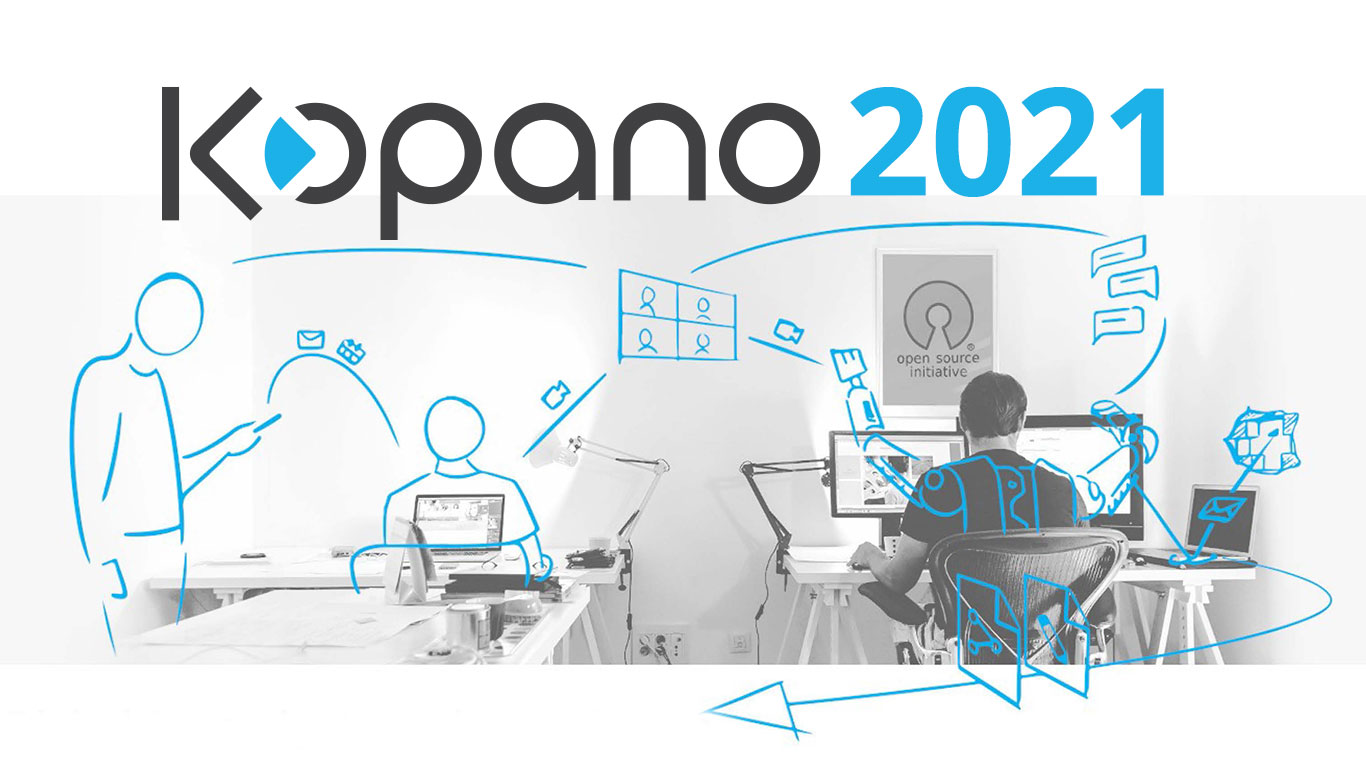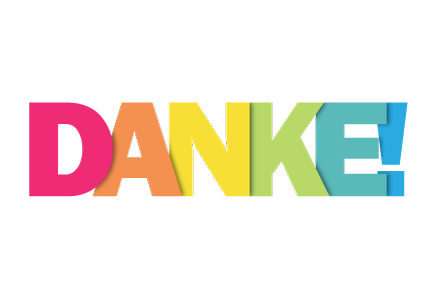For several years now, politicians and, in fact, most of Europe have been talking a lot about digital sovereignty and the control over our data that we want to regain. In the last 15 months, we at Kopano have taken important steps to make digital sovereignty with emails and team calendars achievable for all organisations. In doing so, we see three things as fundamental and important: (1) having one’s own data under one’s own control, (2) being able to use one’s own data in all kinds of other services and link it to them, and (3) having the ability to actually set up and operate such a system on one’s own.
We haven’t arrived yet, but we are on the home stretch.
Why is digital sovereignty important for emails and calendars?
In addition to emails and calendars, shared mailboxes, the management of resources (company bikes, cars, meeting rooms, video projectors, …) or task lists are also included here. These tools are essential for teamwork. They form a central part of the infrastructure – namely the infrastructure for communication and collaboration.
E-mail sometimes sounds a bit old-fashioned in 2021. But let’s face it: there’s no other digital way we can really reach everyone. The latest apps for organising our knowledge, joint project planning or finding appointments work best precisely when they inform us of changes to their content via email. And if we register somewhere or have forgotten a password, the link to log in also comes via email. E-mail is the central communication component and much more important: this is where the sensitive data of all other services come in.
And calendar? With project management software here, a CRM system full of reminders there and a (virtual) room booking or video conferencing system, it should all be possible to cope with this, right? Yes, almost. After all, every employee has only one hour of his or her working day, and projects require that people work together across team boundaries. In order to perfectly organise the daily work routine, a central calendar is ideally required. Analogous to e-mail, this will also contain the critical information of all other systems: The names of customers, the internal and external participants in meetings, etc.
Controlling and using data
Back in 2005, when we operated under the name Zarafa, we offered software that gave organisations of all kinds control over precisely this data in their own databases. We have continuously developed our software, published the source code and integrated other applications.
However, “integrating” other applications is no longer state-of-the-art. Of course, it is still helpful to see the company chat in the mail app or to open a video conference with a mouse click. But the actual use of the data takes place within other services. For us, this is typically the calendar: any software that has to do with appointments has to know when the user has available time. Ideally, this software also knows this for all other participants. It is similar with task lists, shared files or chat histories.
An important pillar of Kopano is therefore Kopano Kraph. This is our RestAPI, whose most outstanding capability is its compatibility with the RestAPI of Microsoft Graph – the access for third-party software to MS 365. This API, combined with authentication via the OpenID Connect service Kopano Konnect, makes it possible to grant access to one’s own data to all clouds and third-party applications compatible with MS 365 only by changing the access point – and, of course, to revoke it if the worst comes to the worst.
What around 2008 was the connection between our former software Zarafa and MS Outlook is today the connection of Kopano with all services that talk to MS 365 via Kopano Kraph.
Achieving digital sovereignty more easily
Among the main factors that keep organisations of all kinds from running a digitally sovereign solution are the complexity of setting it up and the responsibility of running it securely. Especially with email servers, this quickly becomes a challenge.
We meet this challenge with Kopano ONE. The idea is to separate the infrastructure from the data storage and to make Kopano ONE available on-premise, on appliances and in the cloud. There are already packages for Linux distributions and appliances such as the virtual machine based on Univention. This year we will add more appliances like Cloudron, Synology or QNAP. Also this year, we are planning the first cloud offerings with certified partners, which, in addition to smooth operation, also guarantee the change to other providers or own installations.
The infrastructure for sending and receiving emails is a challenge. Efficient SPAM and virus control require a similar amount of expertise here as ensuring that one’s own e-mails are not blocked by blacklists of others. We are working on an infrastructure component for all self-hosted e-mail services that places precisely this task in the trusting hands of Internet Service Providers, the experts for this job.
Your data, your terms
We have a challenging 2021 coming up, and our slogan of the past few years is driving us more than ever. Now it’s no longer just about holding your own data in your own hands. It is finally also about making it available to other trusted services.
We are still on the way to accomplishing this goal. Even today, you can set up a mail and Kopano server in a script-compatible way with Kopano ONE or simply start it as an appliance. We have also already linked the first integrations based on Kopano Kraph. Try it out and – if you believe in the same ideas as we do – help us: point your cloud providers and the services you use to our software. They could be the next integrations with Kopano.


